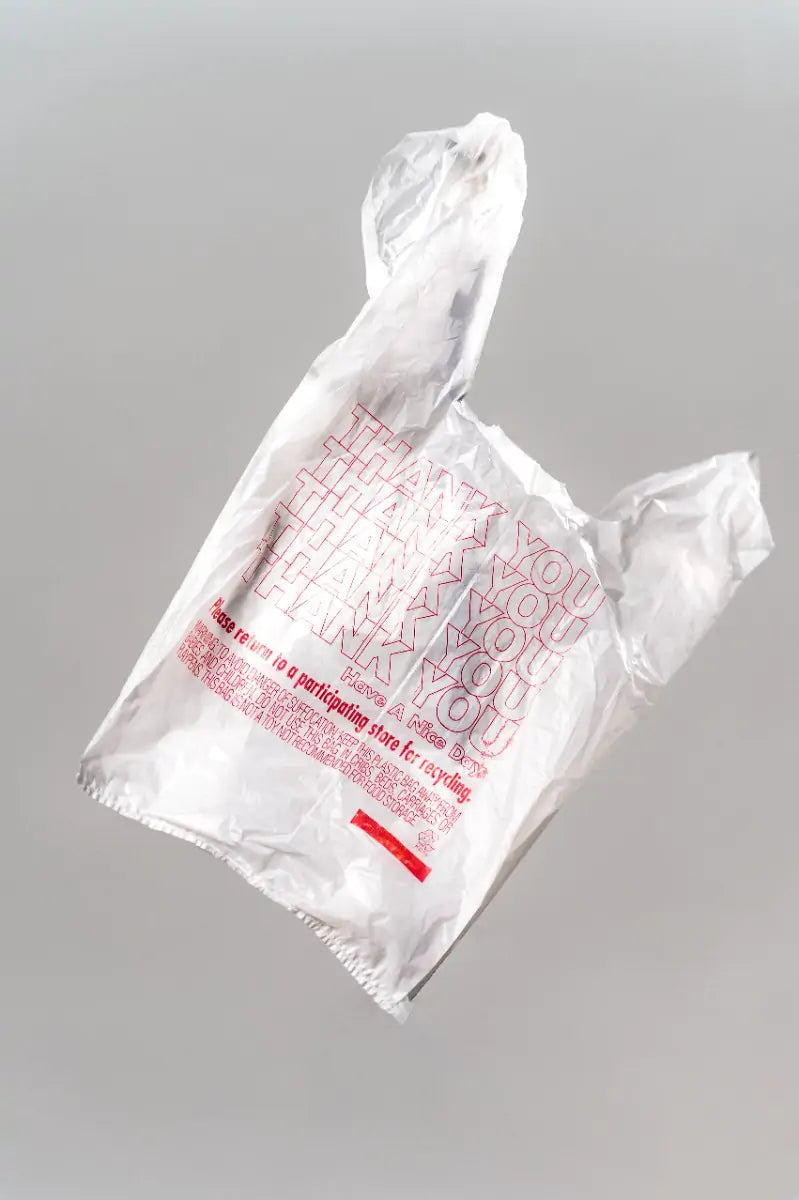Your basket is currently empty.
Shop NowWhy is Recycling Soft Plastics Difficult?

You religiously wash out and recycle plastic containers. But what about recycling soft plastics? You know the ones; the film lids, bread bags, and crisp packets. Look at the label and it probably says they aren’t recyclable. Why is recycling soft plastics so difficult?
What are Soft Plastics?
Soft plastics are lightweight flexible plastics. If you’re not sure whether an item is made from soft plastic, try scrunching it up in your hand. If it springs back, it’s soft plastic. Soft plastics make up around 15% of the plastics that aren’t recyclable at recycling facilities and many councils won’t recycle them.
Common soft plastics you’ll use at home include things like;
- Crisp packets;
- Pasta bags;
- Chocolate wrappers;
- Salad bags;
- Bread bags;
- Fruit and veg packaging;
- Baby and pet food pouches.
Why is Recycling Soft Plastics Difficult?
Many collection lorries don’t have separate compartments for the collection of soft plastics. Plus, if you put them in the recycling bin with your other plastic recyclables it causes contamination. Soft plastics aren’t usually accepted because they can get caught in the sorting machinery at recycling facilities. This causes jams and delays which makes soft plastics recycling more expensive and undesirable.
What is Being Done to make recycling easier?
If soft plastics aren’t accepted, this often means they end up getting thrown in our general waste bins. Then they end up on landfill sites. Because soft plastics are so lightweight, they get blown off landfill sites. Inevitably, they end up in the environment causing pollution.
Thankfully, some big names are stepping up with a solution. Last year, Tesco began rolling out soft plastic recycling points across 171 stores in the South West of England and Wales. Plans are in place to roll the points out to large stores across the UK. Tesco expects to collect and recycle 1000 tonnes of soft plastic per year through the scheme.
Customers can return all soft plastic, regardless of where they bought it. Items accepted at the collection points include cling film, pet food pouches, and crisp packets.
Once collected, the soft plastics recycling is sent to a facility where it’s washed, sorted, and processed before it’s turned into new packaging. The new plastics will be used to pack food and household and beauty products.
The supermarket previous ran a successful trial of the scheme across 10 stores. Customers returned more than 10 times the amount of plastic that Tesco was expecting.
The most common items that customers returned during the trial were:
- Bread bags
- Fruit and vegetable packaging
- Crisp packets
- Salad bags
- Baby and pet food pouches
All the major supermarkets have followed suit and the Co-op has expanded its impressive in-store scheme. The retailer has recycling points at over 1500 of its stores. It’s also partnered with a plastic recycling company which turns them into post-consumer plastic granules. These will become items like bin liners, buckets, and construction materials.
You can also send soft plastics to the recycling company TerraCycle for free. How are you going to do your bit when it comes to recycling soft plastics and keeping them out of our environment? For more interesting articles on recycling and sustainability, check out the rest of our blog.
